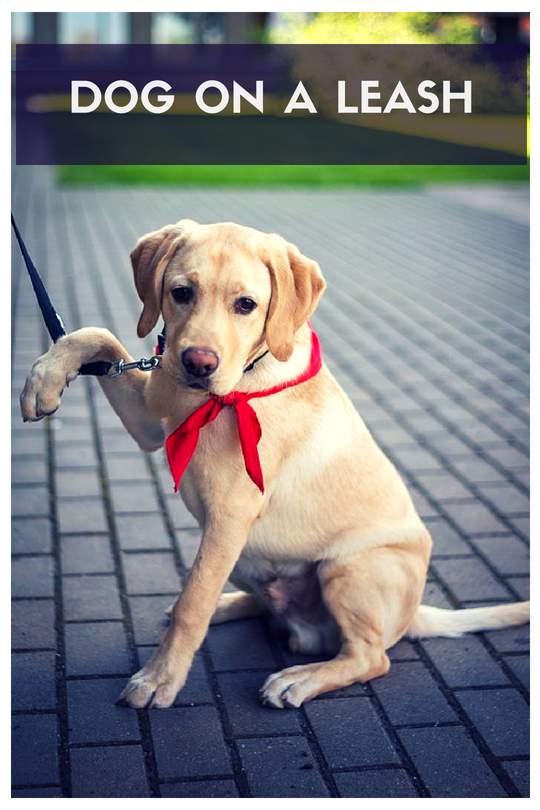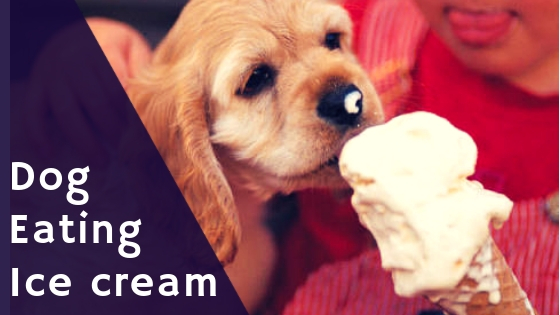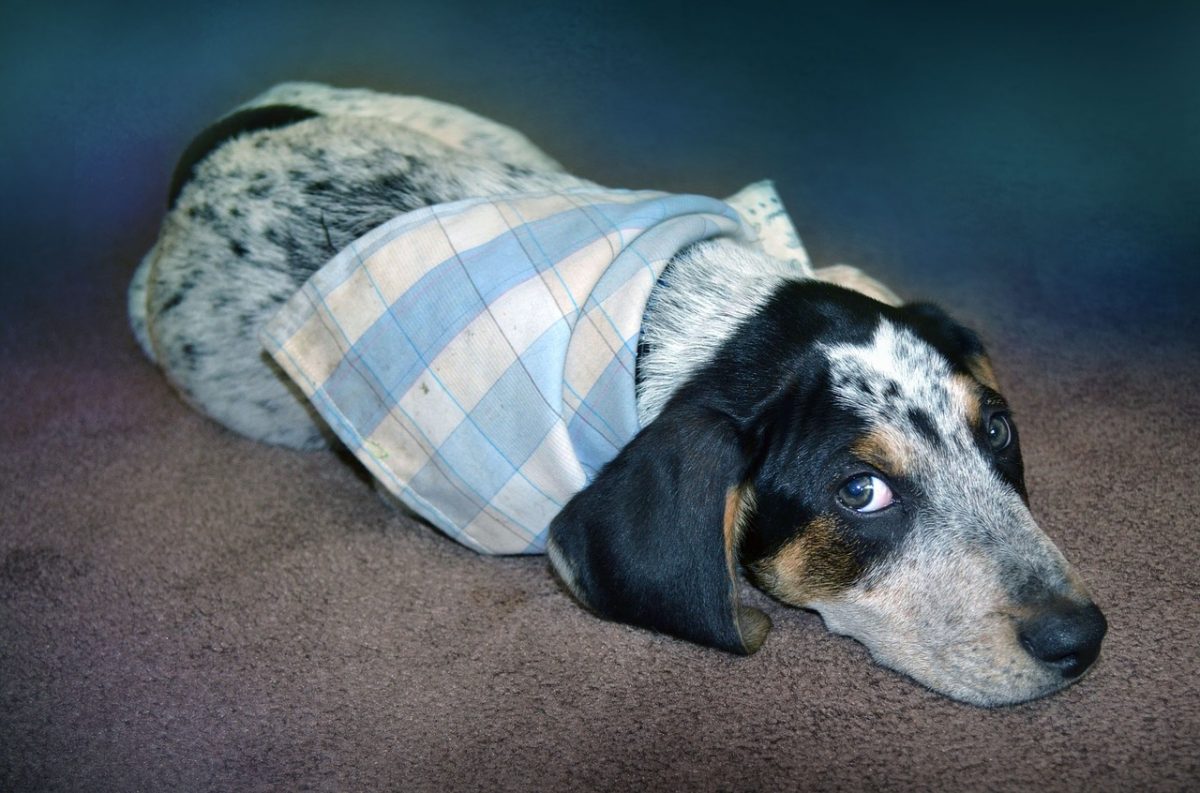Treating Your Dog's Digestive Tract
You’re looking at a stinky, brown puddle of dog poop and she’s looking back at you with this sad expression written all over her face.
It’s a topic that not many like to discuss but if you’re a dog owner, odds are that your dog has experienced diarrhea at some point.
Diarrhea is pretty common in the canine world, especially if you factor in a dog’s tendency to shove anything down their throats. But it differs in frequency, intensity, and duration from one pooch to another.
Although you might not manage to prevent this condition entirely, learning as much as you can about it will go a long way in reducing the number of times your dog experiences it.
A Dog’s Digestive System
There are key differences when it comes to the digestive tract of a human being and that of a dog. For one, the human jaw shape and salivary enzymes begin to break down food right in the mouth. In contrast, the mouth and jaws of a dog are meant to tearing, crushing and wolfing down the food. The main role played by their salivary enzymes is killing bacteria. It explains why dogs are able to tolerate a ton of products, which would send their human friends to a hospital.
Upon ingestion, food passes down the canine esophagus pretty fast. It then enters their tummies in massive chunks where it gets digested. The acids present in your dog’s stomach are nearly three times stronger than those for human beings. It’s why dogs are able to digest food, which is very intact. Under normal conditions, the time it takes food to travel down to their small and large intestines to result in firm, well-formed stools is less than 10 hours.
Main Causes of Dog Diarrhea
There are multiple things that could be causing your pooch to have runny stool. Some are petty and pretty obvious such as eating excessively. But others are a sign of underlying conditions such as having ingested indigestible items like rocks. The primary causes of dog diarrhea are:
What Stools Can Tell You about Your Dog’s Health
There are two main aspects that you should check in your dog’s stool, which are, the color and consistency. Before paying the veterinarian a visit, take note of the color and consistency of his runny stool. Other information that can be of help is the content of his stool. For instance, if you notice mucus in his stool, this could be an indication that his colon is inflamed. Also, too much grass in addition to the usual fecal content is a sign of stress or gastric upset. You can also check the size of his stool. Ideally, the volume of your dog’s stool ought to be proportionate to the food he ate.
Although dog diarrhea can resolve on its own with home remedies, it’s always prudent that you consult a professional veterinarian so as to rule the possibility of other major illnesses as the cause of his diarrhea. Also, if diarrhea persists for a long time, you should stop trying out the home remedies and consult a vet.

Home Remedies for Dog Diarrhea
Fasts
One way to treat your dog’s diarrhea naturally is to withdraw food from him for about 12 to 24 hours. During this period, give him water in small amounts several times. Doing so can help to clear the upset and enable his gastrointestinal tract to resume normal functioning.
But before opting for fasting, assess the condition of your pooch and determine if he’s fit enough to endure it. Puppies and small dog breeds may not do well with fasting because they lack physical reserves of their larger furry friends.
Bland Food
After reintroducing food to your dog, a bland diet is an excellent way to prevent the recurrence of diarrhea. For starters, give him soup, which will help your dog to smoothly transition to his regular diet. Other bland foods include white rice, canned pumpkin, and rice water.
Probiotics
The best way to increase the population of healthy bacteria in your dog’s system is to give him probiotics. There’s growing evidence showing that probiotics boost the immune system both in the digestive tract and other body systems. More specifically, probiotics are good for maintaining the mucosal barrier and in cellular repairs. Probiotics can be administered when a dog is on antibiotics. Just be sure to administer the probiotics at a later time.
Ultimately, the best solution is taking your dog to the vet. In fact, you should not attempt to give him any natural remedies if he’s experiencing other severe symptoms like lethargy, fever, vomiting and pale gums.
Wrap Up
Dog diarrhea is not an unusual condition. It could be an indication of simple problems like excessive eating or more serious conditions like cancer. The best way to diagnose it is to take him to a veterinarian. This professional can assess other factors to determine the cause and best course of treatment for your dog’s diarrhea.






